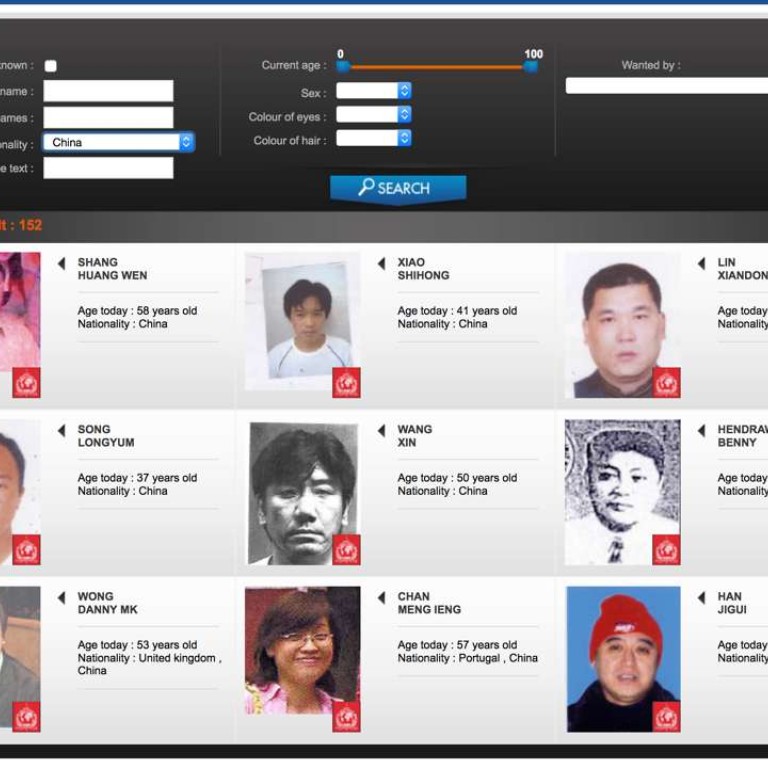
What’s an Interpol red notice and what power does it wield over wanted Chinese tycoon Guo Wengui?
We break down the process of how a red notice works
The International Criminal Police Organisation, known as Interpol, issued a red notice for Chinese tycoon Guo Wengui at the request of China on Tuesday.
Guo, who was placed under an arrest warrant by Chinese police in April 2014 for bribing the country’s deputy spy chief and has since fled overseas, said on his Twitter account that he was currently in the United States. The US does not have an extradition treaty with China.
We look at what an Interpol red notice is and how it works.
What is an Interpol red notice?
An Interpol red notice is a request to locate and provisionally arrest someone pending extradition. It is issued at the request of a member country of Interpol or an international tribunal based on a valid national arrest warrant.
When a red notice is published, it informs all 190 Interpol member countries that the person is wanted based on an arrest warrant issued by a country or an international tribunal.
What happens after a red notice is issued?
Police all around the world are alerted as the red notice is sent to all 190 Interpol member countries.
Each member country decides for itself what legal action to take over a red notice.
Many of Interpol’s member countries consider a Red Notice a valid request for provisional arrest, especially if they are linked to the requesting country via a bilateral extradition treaty.

Is it an international arrest warrant?
No, the Interpol red notice is not an international arrest warrant, although it is often described in the media as “the closest” thing to one.
Interpol cannot insist or compel any member country to arrest an individual who is the subject of a red notice, nor can it require any member country to take any action in response to another member country’s request.
Interpol also does not send its own officers to arrest the subject of the red notice.
Can the public look up an Interpol red notice?
While most red notices are restricted to law enforcement use only, some member countries choose to make extracts publicly available.
The requesting country of a red notice can also ask that it not be publicised.
Has China requested Interpol red notices before?
In 2015, China published a list of 100 of its most wanted corruption suspects, who all had Interpol red notices issued, as part of its graft-busting Operation Skynet to bring back fugitives hiding overseas. At least 40 of that 100 have been brought back to China.
As of now, the Interpol website lists 46 people publicly who are wanted by China, and 152 people with Chinese nationality are on Interpol’s public red notice list.
Do China and the US have an agreement on extradition?
China and the United States do not have an extradition treaty but they signed an agreement on mutual judicial assistance in 2000 to “improve the effectiveness of cooperation between the two countries in respect of mutual legal assistance in criminal matters.”
According to the agreement, China and the US should provide mutual assistance in investigations, prosecutions and proceedings related to criminal matters, including serving documents and locating or identifying persons.

